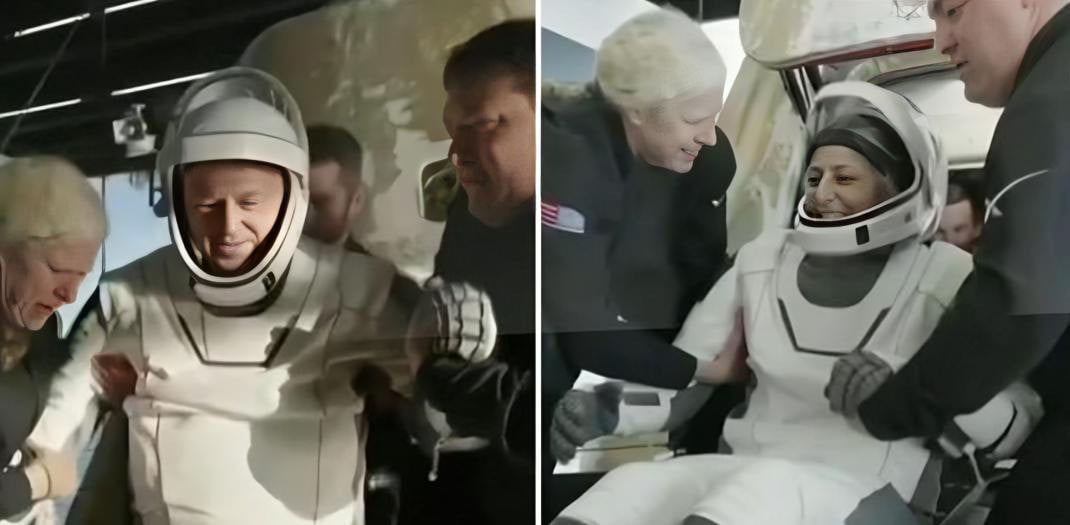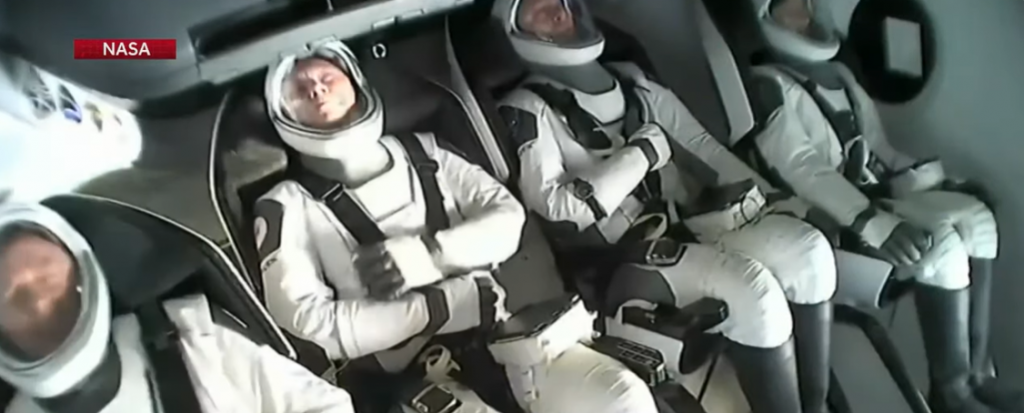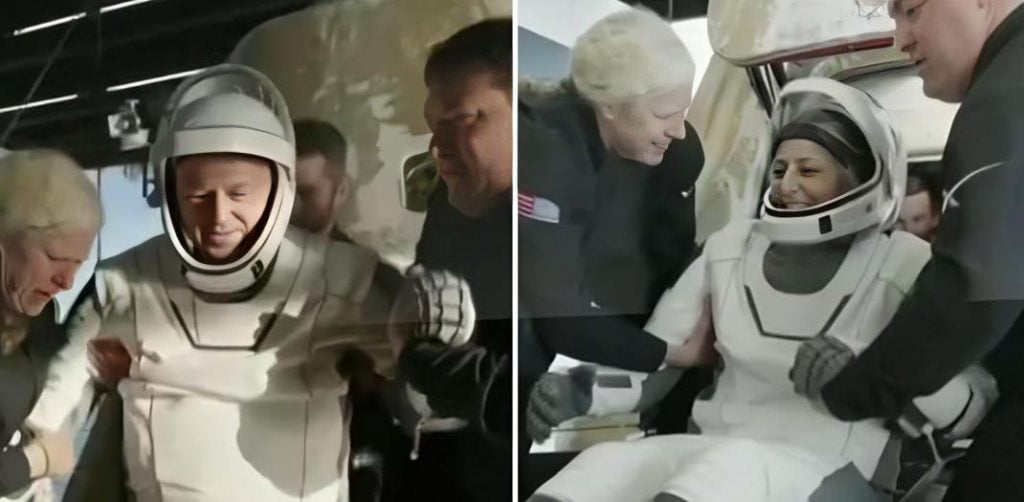6 Shocking Health Struggles NASA Astronauts Face After 9 Months in Space

© NASA
In recent months, NASA astronauts who have spent extended periods aboard the International Space Station (ISS) have been under the microscope as scientists continue to study the long-term health effects of living in space.
Astronauts typically spend six months in space, but a recent mission saw astronauts staying for nearly nine months. This extended period of time has raised important questions about the physical and psychological impacts on the human body.

The Impact on Astronauts’ Bodies
Spending extended periods in space significantly affects the human body due to the lack of gravity and other environmental factors aboard the ISS. Astronauts experience a wide range of physical changes during their time in space, and many of these changes become more pronounced over long durations.
One of the most notable effects is on the muscles and bones. Without the constant pull of gravity, astronauts’ muscles and bones weaken. Studies have shown that astronauts lose as much as 1-2% of bone mass per month, leading to an increased risk of fractures and long-term issues such as osteoporosis. Similarly, muscles, especially those used for movement and posture, weaken and shrink due to the absence of gravity.
Additionally, astronauts often experience fluid shifts in their bodies. The absence of gravity causes bodily fluids, like blood and water, to move upwards towards the upper body and head. This shift can lead to pressure on the eyes and affect vision, a condition known as “spaceflight-associated neuro-ocular syndrome” (SANS).

The Psychological Effects of Long-Term Space Travel
Space travel doesn’t just affect astronauts physically; it also takes a toll on their mental health. Long periods of isolation, limited social interaction, and the lack of natural environmental signals like sunlight and changing scenery can lead to anxiety, depression, and fatigue. The confined space on the ISS, combined with the stresses of the mission, can strain relationships among the crew members.
NASA closely monitors the mental well-being of astronauts, providing regular psychological support, virtual meetings with family, and other coping strategies to maintain mental health. However, being in space for several months can lead to sleep disturbances, stress, and a sense of disconnection from Earth, which can impact both performance and well-being.

Physical Rehabilitation After Returning to Earth
Once astronauts return to Earth after long stays in space, they must undergo extensive physical rehabilitation. The body needs time to adjust back to gravity, and it often takes weeks or even months for astronauts to regain full muscle strength and bone density. Many astronauts report feeling weak and uncoordinated during their first few days back on Earth, and they must perform specific exercises and treatments to help restore their health.
Additionally, the visual effects caused by fluid shifts in space may take time to reverse. In some cases, astronauts experience persistent vision issues even after returning to Earth.
Moving Forward: Space Exploration and Health Research
As space exploration continues to evolve, understanding the long-term effects of prolonged space travel is crucial, especially as future missions may involve traveling to Mars, where astronauts could be away from Earth for years. Researchers at NASA are studying the health impacts of extended space travel, looking for ways to mitigate these risks.
While the experience of being in space can cause significant challenges for the human body, NASA’s research continues to improve the understanding of how to safeguard astronauts’ health for future deep-space missions. With ongoing advancements in space medicine, the future of space exploration could see better preparation for the health impacts that astronauts may face during extended stays beyond Earth.
In conclusion, astronauts’ health is a vital aspect of space missions, and as space travel becomes longer and more frequent, understanding and mitigating the risks to the human body and mind will be key to successful missions and safe returns.
You may also be interested: SpaceX Rescue Mission Lands at ISS: What’s Next?


